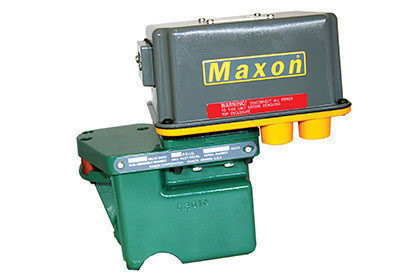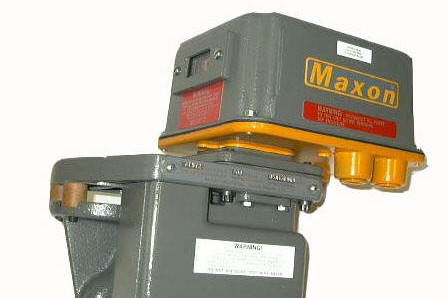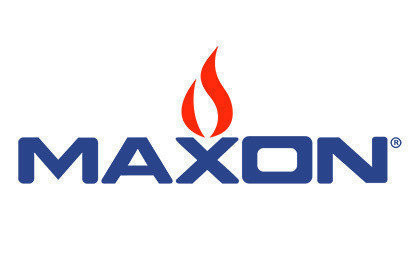Fuel Oil Valves and Actuators
Fuel oil shut off valves are safety devices for oil burners to assure proper shut off when required for your burner. We offer brands from ASCO/ITT Hydramotor and Maxon.
If you do not see the part you want below, feel free to use the chat function and see if we possibly have the part you are looking for in stock.

Fuel Oil Valves and Actuators Categories
Manufacturers View all
What are Fuel Oil Valves and Actuators & what is their function?
Oil-fired boilers need a steady, accurately measured flow of oil to operate safely and efficiently. Fuel oil valves and actuators work together to regulate that flow, while also providing safeguards in case of a fire.
Different Types of Fuel Oil Valves and Actuators & How to Choose
Fuel oil valves regulate the flow of oil into the burner. Actuators are used to control those valves, allowing the boiler’s monitoring and control system to adjust the fuel supply automatically based on demand. This automated control helps keep the boiler operating within spec, and at peak efficiency.
Pneumatic actuators use air pressure to open and close the fuel oil valve.
Electronic actuators use electric motors to open and close the fuel oil valve.
Some valves and actuators are mounted in one self-contained housing, while other configurations use separate valve and actuator assemblies that are joined by a linkage.
Many fuel oil valves feature a Proof of Closure (POC) switch as well that sends a signal back to the monitoring system to confirm valve closure, or provides visual confirmation that the valve is closed.
The Role Fuel Oil Valves and Actuators Play in a Boiler
Fuel oil valves and actuators work together to modulate the boiler’s fuel oil supply based on demand. They are also responsible for shutting off the supply of oil during shutdown, and turning the supply back on during startup.
Fuel oil valves and actuators also provide a measure of safety, as they are designed to cut off the oil supply entirely if a fire is detected.
Many valves even feature a special heat-activated failsafe that keeps the valve open under spring pressure, closing it mechanically if the valve gets too warm.
what is the Effect of a bad Fuel Oil Valve or Actuator?
When a fuel oil valve goes bad, it will either deliver too much or too little oil. Sometimes, none at all. This will make the boiler hard to start, and will cause it to produce either too much or too little steam based on its settings.
Things to Consider about fuel oil valves and actuators:
- Some fuel oil valves and actuators can be mounted in the same housing, functioning as a self-contained unit. Others are mounted as separate components joined by a linkage.
- Self-contained valve and actuator assemblies are easier to swap out, but harder to maintain and repair.
- Separate valve and actuator setups can be easier to repair and maintain, but may take longer to install.
Helpful Resources
Relevant WARE Videos on Fuel Oil Valves and Actuators
Explore over 750+ explanatory videos on boilers and boiler systems on our Youtube channel. Our videos can help you quickly grasp complex boiler topics. Watch more here!
Relevant WARE Blog Articles on Fuel Oil Valves and Actuators
Turn On The Heat: Fuel Oil Valves and Actuators
Boiler Formulas and Measurements to Know
Having Issues with Your System? Check These Common Boiler Issues First
Boiler Open and Close: Preparation and Tips
Monthly Boiler Maintenance Means Safe, Efficient Operation
What are the differences between a Gate Valve and a Globe Valve?
Boiler Tuning: Striking the Perfect Air/Fuel Mixture
Our informative and educational blog content can help you gain a deeper understanding of the boiler room. Read more here!
Technical Documents
Fuel Oil Valves and Actuators FAQ
How do I know if my fuel oil valve or actuator is going bad?
A malfunctioning valve or actuator will cause the boiler to run too rich or too lean. It can also prevent proper startup. If you’re checking the valve, be sure to check the linkage and actuator, too. Loose linkage can cause the boiler to run out of spec.
Which is better, pneumatic or electronic actuators?
Both are good solutions for operating a fuel oil valve safely. It just depends on how your monitoring and control system is set up, and whether it uses compressed air or electricity to power the actuator.



